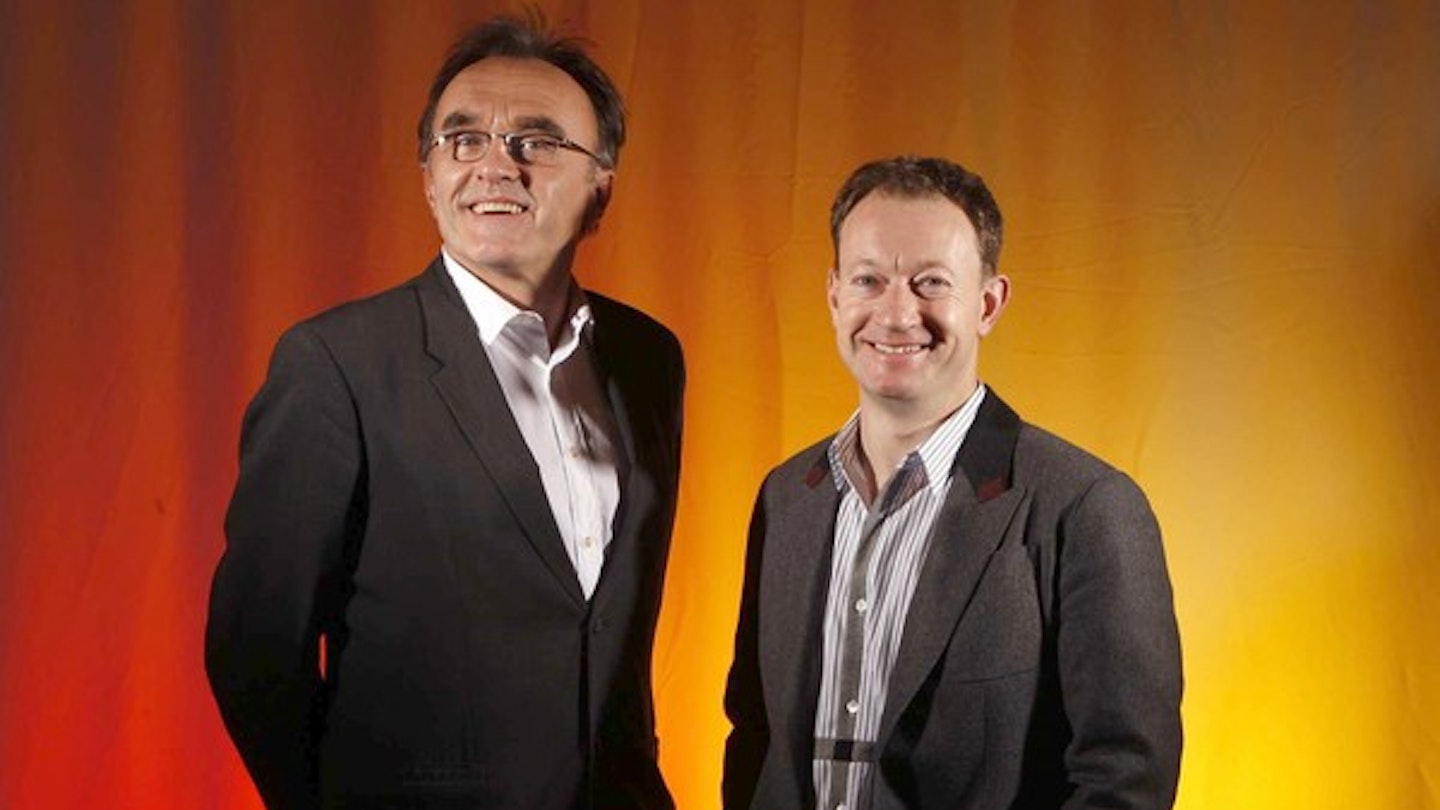Danny Boyle, you may recall, was all but canonised for propelling a gang of heroin-abusing scamps through the seething backstreets of Edinburgh to the unearthly rumble of Iggy Pop’s basalt lungs. Amid Trainspotting’s amoral characters and Scorsesian visual rhetoric, the camera an urgent, unpredictable participant in its dramatic shimmer, something unforgettable was born. Sadly, while we banged drums and rattled tambourines like Hari Krishnas
on the march, it didn’t prove the revolution in British filmmaking, indeed all filmmaking, we had yearned for. Boyle went off to make good films, interesting films, but the dervish in him laid dormant.
How strange, then, that it would take a contemporary fable set among the roiling slums of Mumbai, and, more bizarrely, on India’s version of Who Wants To Be A Millionaire?, to reignite that lust for life...
At first sight, this adaptation of Vikas Swarup’s novel, Q&A, sounds as ripe as a watermelon: a rags-to-riches parable of a lowly urchin, luckless but streetwise, whose quiz show triumph enthralls a nation. Dreamily his inspiration is not the worldly promise of a “fucking big television”, but the chance to rescue the loveliest girl in the world. The question is, how has this ignorant chai-wallah gotten so far? The answer is the film itself.
Like the picaresque of Trainspotting, Simon Beaufoy’s feisty script is knowingly contrived. Between the comic tensions of the Millionaire rounds — veteran Anil Kapoor sneering splendidly as the Indian Tarrant — we plunge back in time in search of a life. The effect is less flashbacks than a cascade of stories transporting Jamal (Dev Patel) and his sneaky brother Salim (Madhur Mittal) from infants to boys, to teens, to the brink of riches. Could destiny itself have given him the answers? Knowledge, the film fancies, isn’t learned; it is survived.
The key to early Boyle was that he was actually doing Dickens’ Gothic underworlds jacked up on Underworld. If Shallow Grave is A Christmas Carol, where the three ghosts becomes a trio of solipsistic flatmates, then Trainspotting is David Copperfield, the callow hero hindered less by poverty than the raging urge for hard drugs. Slumdog repaints Oliver Twist in the fruit-bowl palette of an India where orphans are scooped off midnight’s streets by a dapper Fagin to be trained as beggars, later to give Jamal his Great Expectations and a cool Estella in the form of Latika (Freida Pinto: easily the most beautiful thing you will see on a screen in 2009).
Jamal is, of course, accused of cheating (how could it be otherwise?), and before we’ve even acclimatised, the police are making their enquires with the help of a car battery. Get ready — there will be as much discomfort as joy. Later, the camera barely blinks as a child’s eyes are put out with a molten-spoon. Yet, by Boyle’s law, for every degradation there is an equal and opposite celebration, or at least cackle of loud, local humour.
Through the ever-seeking direction, and Anthony Dod Mantle’s unstoppable camera, Mumbai becomes the inevitable ‘other’ character, mother to 15 million. This, we find, is a city in transition, where call centres and fucking-big televisions leer over street-lepers and Hindu shrines. The caste system has gone vertical, up the cathedral-like skyscrapers with the slumdogs at their feet.
Yes, it’s tapping Scorsese again in the fevered montages that dance to the infectious rhythms of A. R. Rahman’s East-West spanning score, and that sense of being constantly in motion. But strip away the arty dissolves and handheld chases through Mumbai’s clutter, and you’ll find something divisively old-fashioned.
At heart, this is Hollywood melodrama, Capra’s wish-fulfilment parlayed into a new world (that Jamal is an Indian Muslim rarely impacts). The film, fashion be damned, is just thrillingly upbeat.
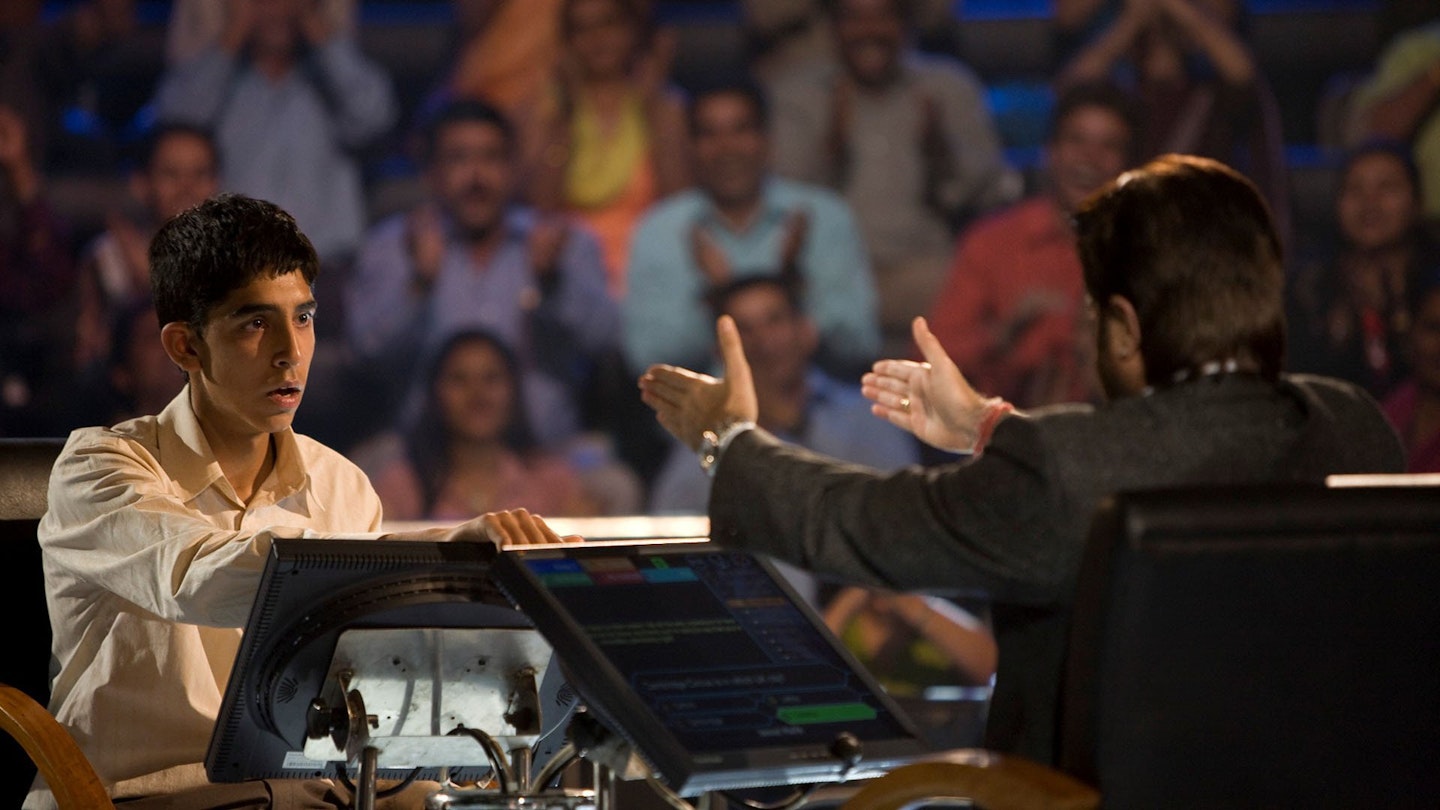
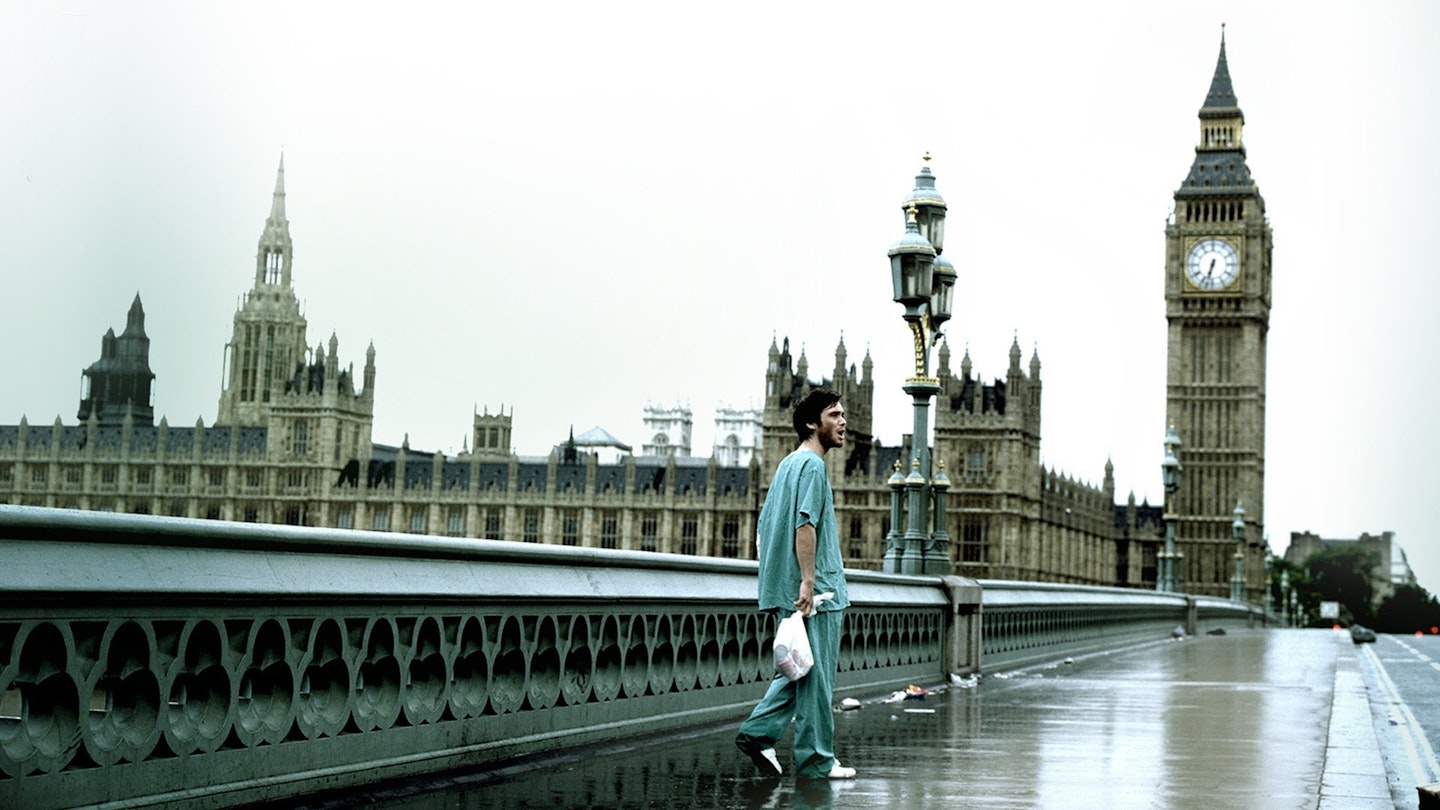

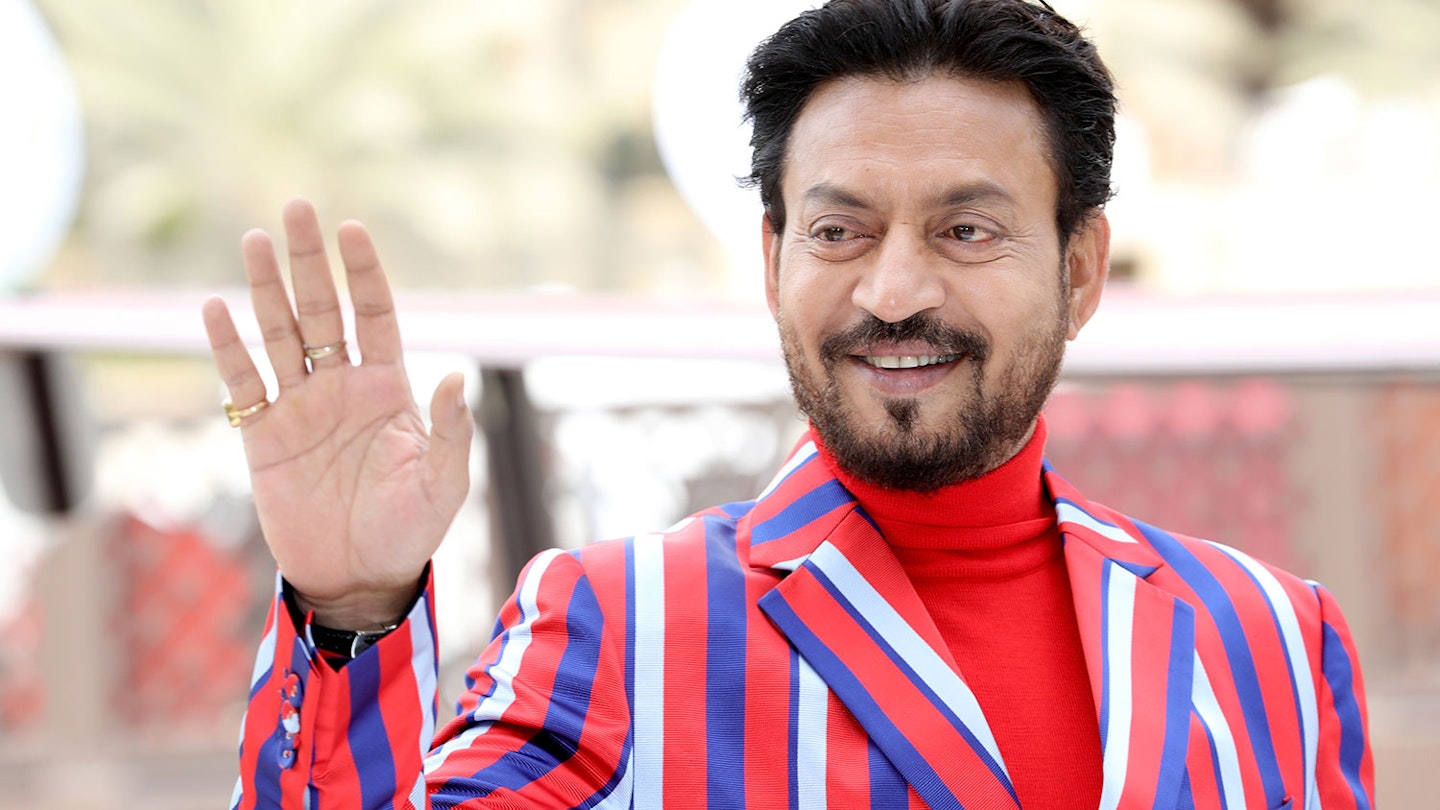
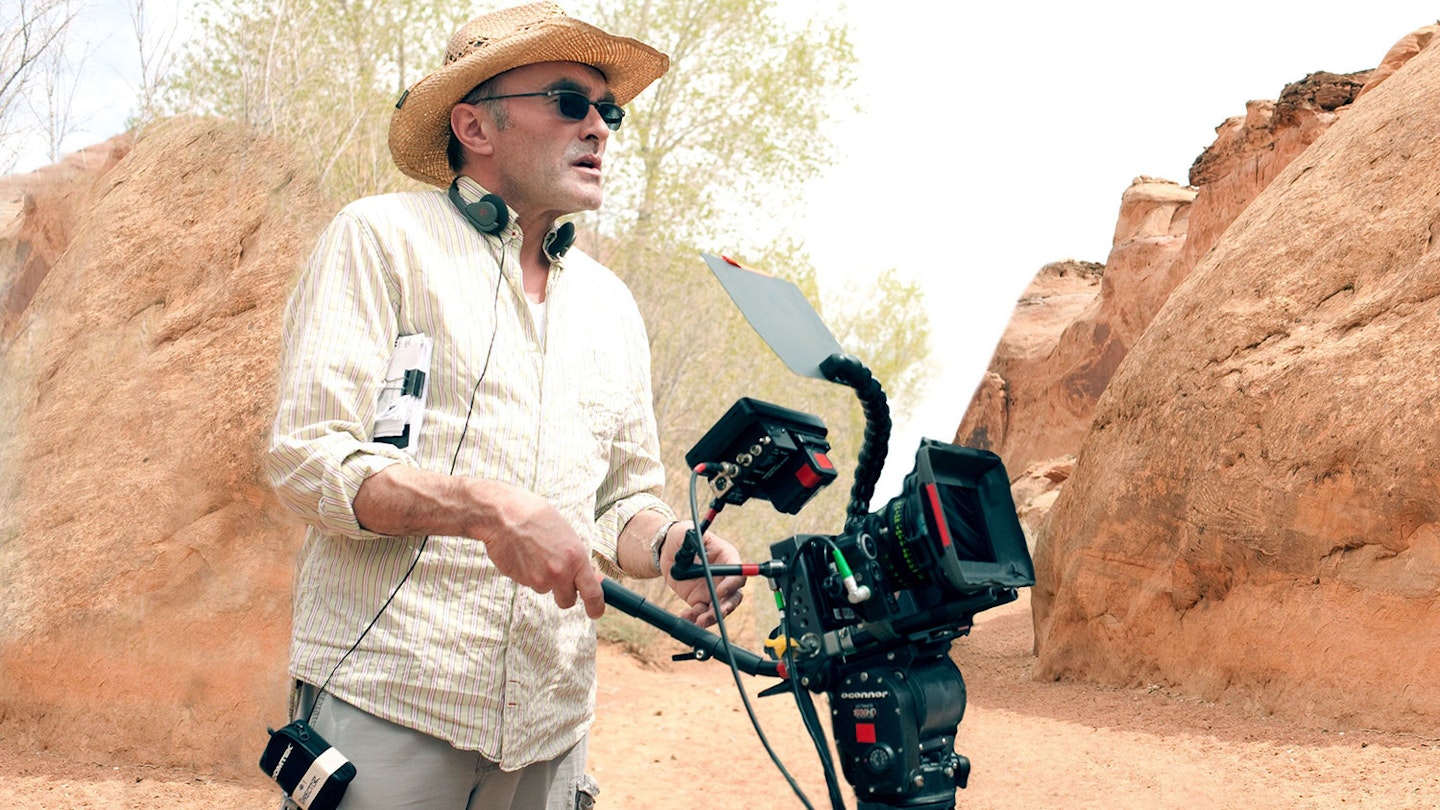
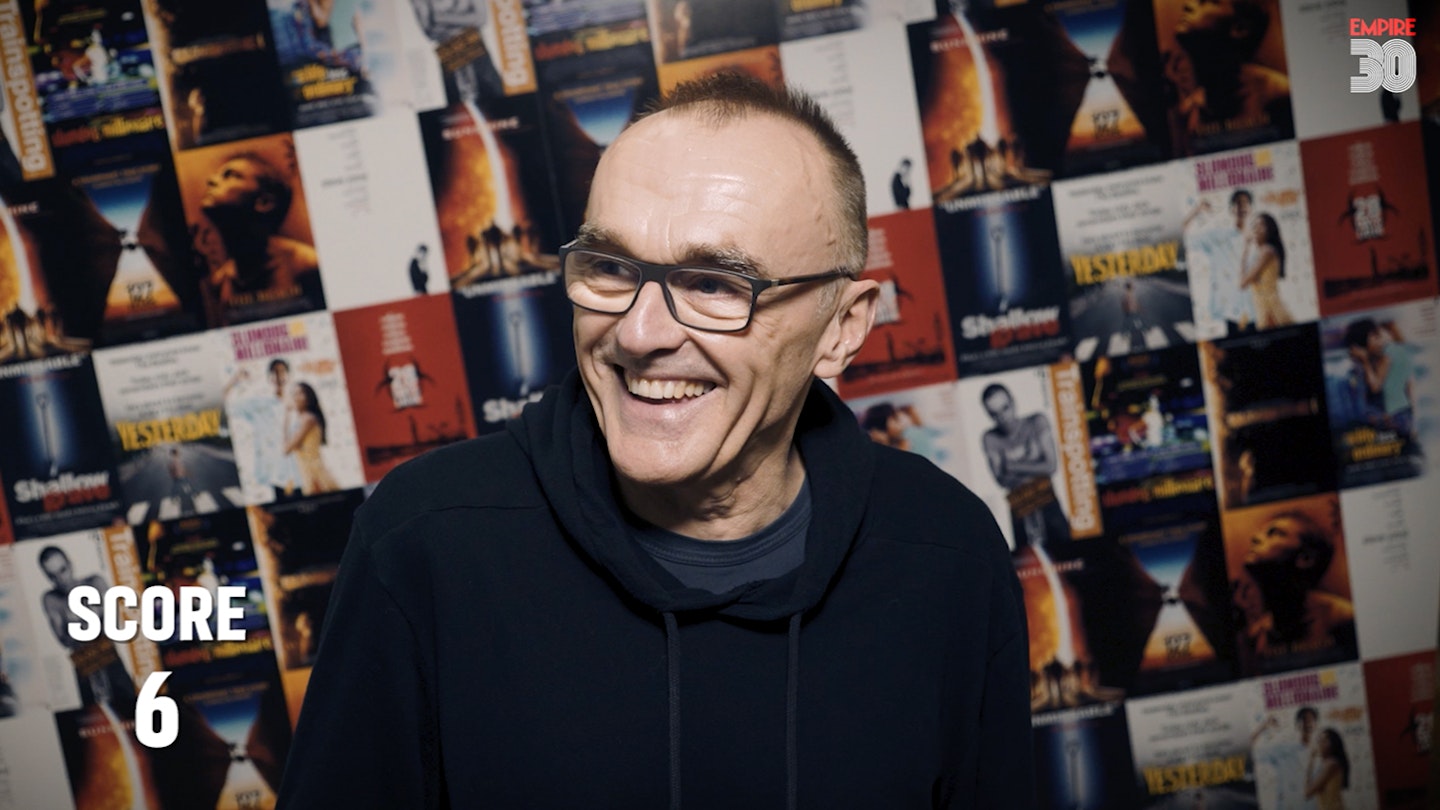
.jpg?ar=16%3A9&fit=crop&crop=top&auto=format&w=1440&q=80)

